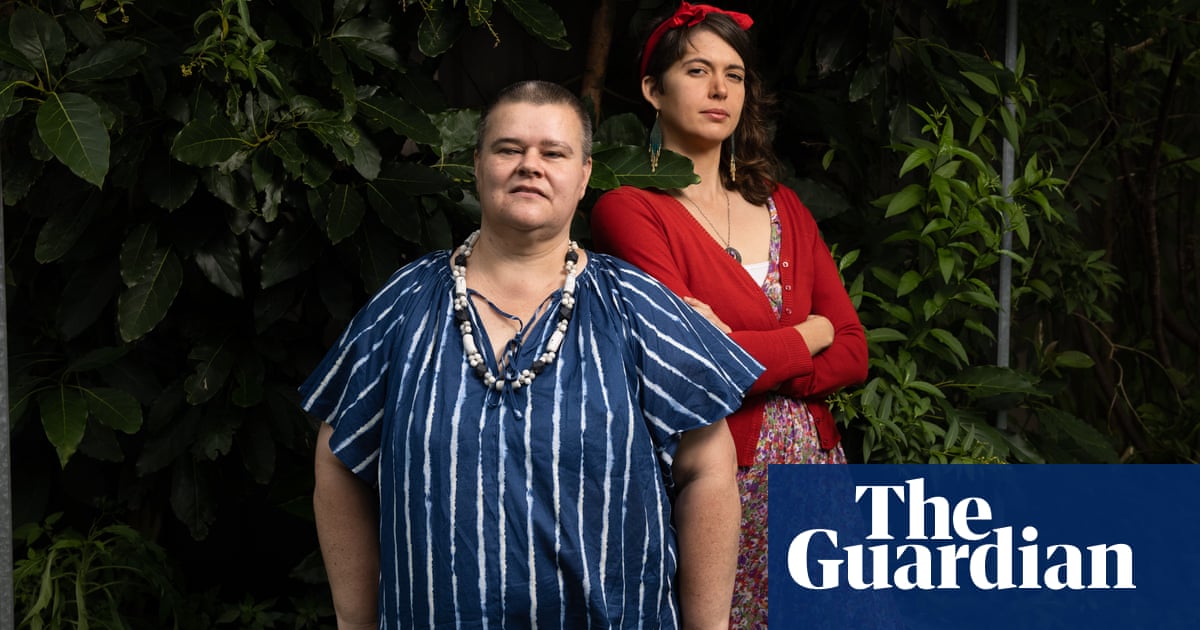Fireproof Australia: who are the radical Extinction Rebellion splinter group? - 2 minutes read

“I always said to my husband once we started all this activism that even if all else fails and we can’t save the planet, I want to know that I tried and be able to say to my grandkids, I really did my best, I did my best at the time.”
“Fires were coming from three directions at once,” Noonan says. “I was there wondering if I could evacuate out of Dapto because I didn’t have anyone who could drive the car and a lot of the train lines were down.”
“But don’t do it at the expense of people trying to get to and from work, trying to get their kids to school, stopping people earning a living and a wage – that’s what these protests are doing.
Some commentators who support urgent action on the climate crisis have criticised direct action tactics as counterproductive, warning they may alienate the very people who need to be persuaded. Writing in the Nine newspapers last month, the social researcher Rebecca Huntley said people who were “disengaged, uncertain or sceptical” were less likely to listen to someone who was making it harder for them to get to work.
“In the qualitative research I have done, groups such as Extinction Rebellion come up in conversation in a very negative way and can be a barrier to talking about global warming and how climate action might actually improve their lives,” Huntley wrote.
Unlike other groups, Blockade Australia has no specific goals. Maddie, a spokesperson who declined to give her surname citing the risk of arrest, says it is focused on “building momentum” as it “doesn’t see any worth in appealing to the goodwill of a system that doesn’t have any”.
“There may be a method to their madness. So long as it doesn’t hurt people, if it only hurts infrastructure that is doing damage and that in turn hurts a lot of people, well, why not?”
Source: The Guardian
Powered by NewsAPI.org